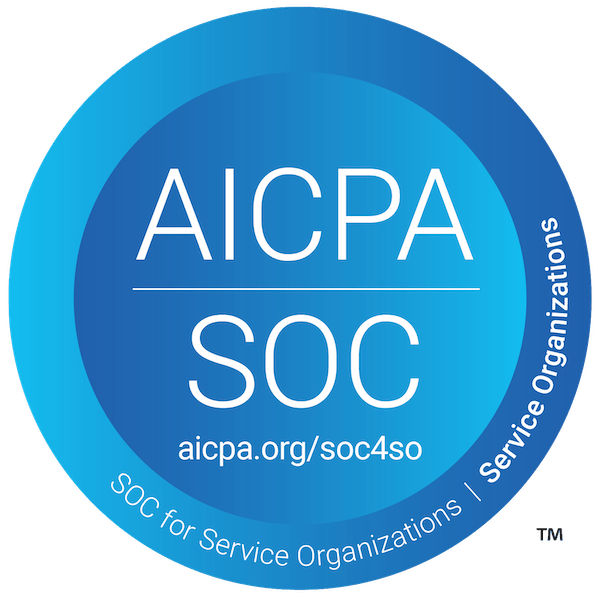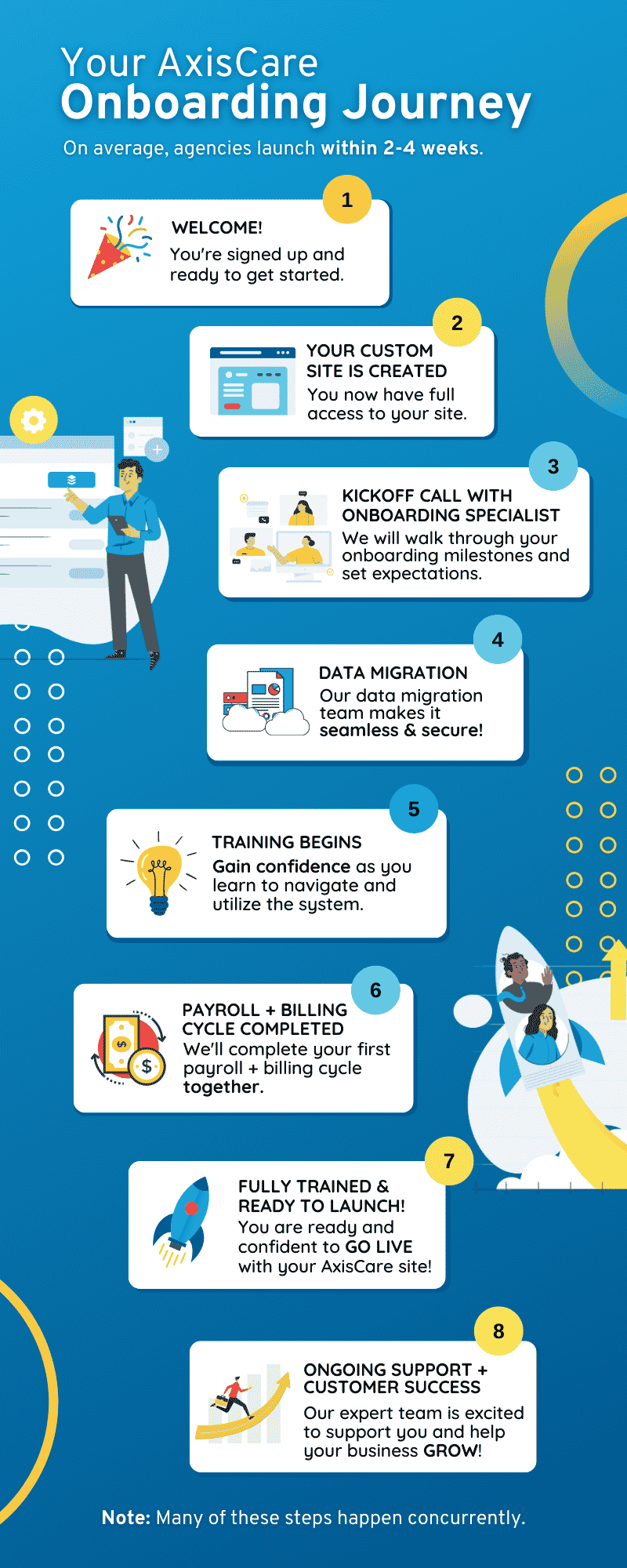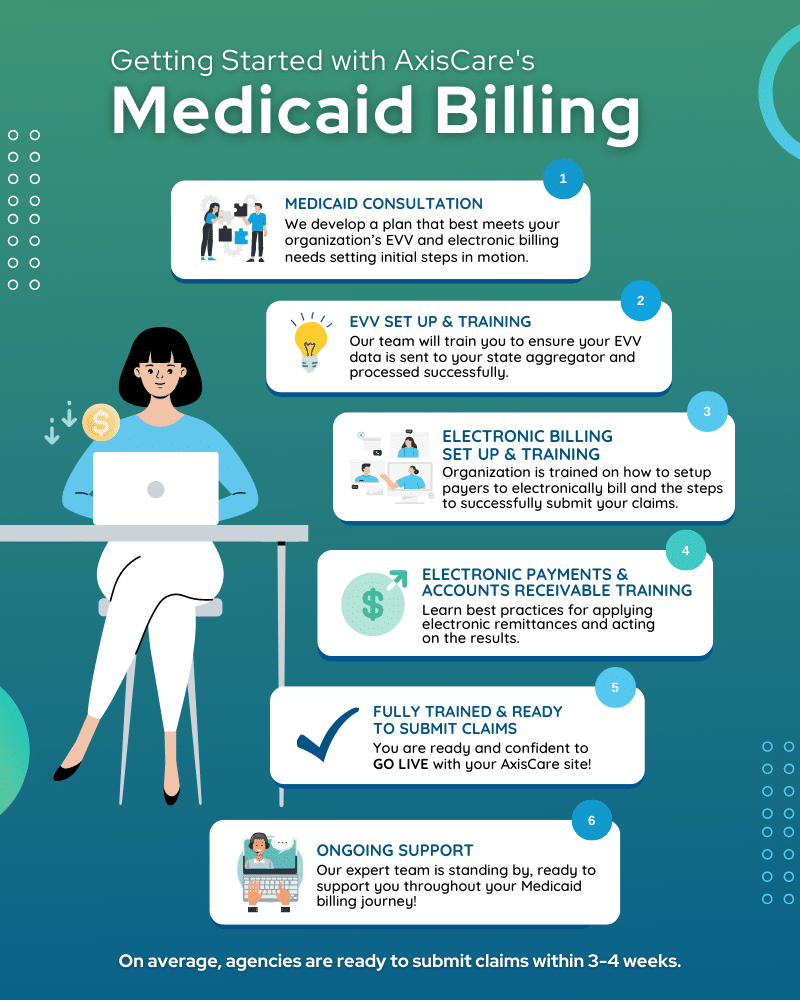The home health care industry is poised for substantial growth in the coming years. A combination of factors – including demographic shifts, rising health care costs, technological advancements, and an increased focus on patient-centered care – are driving demand for home-based care services. This trend has caught the attention of both businesses and investors operating in the broader health care industry, who are keen to capitalize on the numerous opportunities presented by this rapidly expanding sector. As a result, we can expect to see continued innovation and investment in home health care in the years ahead.
Rising Demand for Home Health Care Services
In recent years, particularly in the wake of the COVID-19 pandemic, the demand for home health care services has seen an exponential surge. As hospitals dealt with unprecedented client loads, home health care emerged as a viable and safe alternative for non-emergency care and long-term health management. The pandemic also accentuated the value of home health care for the elderly and those with chronic conditions, who are at greater risk in hospital settings. This change in preference and the growing population of aging Baby Boomers has strengthened the demand trajectory for home health care services.
Growth Trends and Market Projections
The global home health care market was valued at USD 281.8 billion in 2019 and is expected to grow at a compound annual growth rate (CAGR) of 7.9% from 2020 to 2027, according to a study conducted by Grand View Research. This blog post outlines why the home health industry is anticipated to grow.
Factors Contributing to Industry Growth
The following factors contribute to the growth of the home health care industry, creating opportunities for businesses in the sector to thrive and expand.
Aging Population
As the global aging population continues to rise, the demand for at-home care services is also increasing. Many elderly individuals prefer to age in the comfort of their homes rather than move to a nursing home or assisted living facility. With at-home care services, seniors can receive personalized care in a familiar environment, which can improve their quality of life and overall well-being.
Rising Health Care Costs
Escalating health care costs have led to a shift towards more cost-effective care options, including home health care. Clients and their families are seeking ways to manage health care expenses without compromising quality.
Technological Advancements
Technology allows for remote monitoring, telehealth services, and efficient data management, enabling caregivers to provide high-quality care in clients‘ homes.
Shift Towards Value-Based Care
Home health care aligns with this approach by providing preventive and personalized care tailored to individual needs.
Government Policies and Support
Initiatives promoting aging at home and community-based care have received increased funding and resources, further supporting the industry’s growth.
Hospital Limited Capacity
By providing care in clients‘ homes, home health care services help alleviate the burden on hospitals and reduce readmission rates.
Patient Preference and Satisfaction
Patient preference for personalized and patient-centered care has fueled the growth of the home health care industry. Many individuals prefer receiving care in the comfort and familiarity of their own homes.
Home Health Care Software for Business Success
By leveraging technology and choosing the right home care software, agencies can streamline operations, leading to improved client outcomes. By incorporating a multitude of features like efficient scheduling, electronic visit verification, and detailed reporting, agencies can optimize their resources, ensuring prompt and quality care that aligns with the increasing demand for in-home services.
Enhancing Coordination Among Care Teams
AxisCare’s mobile app allows for HIPAA compliance and real-time sharing of client information, care updates, and task assignments, ensuring everyone is on the same page and promoting efficient care coordination.
Remote Monitoring Tools
Recent technological advancements allow caregivers to remotely monitor clients’ vital signs, medication adherence, and overall health status. This enables caregivers to closely monitor their clients‘ health from a distance without being physically present.
Streamlining Operations and Automating Workflows
By reducing manual effort and streamlining workflows, home care software increases operational efficiency, saves time, and minimizes errors, enabling caregivers to focus more on delivering quality care efficiently and effectively.
Optimizing Billing and Reimbursement Processes
Software built for agencies can simplify the billing and reimbursement processes by automating coding, generating accurate claims, and facilitating electronic submissions, ensuring your agency gets reimbursed quickly.
Telehealth and Mobile Applications
Mobile applications allow caregivers to access client information, document care activities, and communicate on the go, enhancing flexibility and efficiency while remaining HIPAA compliant.
Leveraging Data Analytics for Decision-Making
Agency owners can utilize these analytics to monitor outcomes, identify trends, and make informed decisions to improve care quality, enhance client safety, and optimize resource allocation.
Customized Care Plans
Customizable home care software supports care plan customization by incorporating specific interventions, assessments, and goals, ensuring care is tailored to each individual’s unique requirements and promoting patient-centered care delivery.
Ensuring Compliance and Regulations
These platforms ensure accurate and timely documentation, simplifying reporting and reducing the risk of non-compliance and associated penalties while giving agency owners a look into their agency’s success at a glance.
Potential of Home Health Care as a Business
In conclusion, the home health care industry represents exciting potential in modern health care, both in business potential and societal impact. With increased demand, cost-efficiency, technological innovations, and personalized care, the home health care industry is paving the way in the health care industry. As agencies adapt and thrive in this dynamic environment, they are uniquely positioned to enhance client outcomes across communities through their services. Therefore, the home health care industry isn’t just a sound business proposition—it’s a pathway to more excellent client care.
Start with AxisCare
AxisCare can help your agency keep up with the industry’s rapid growth and deliver optimal results for your clients. Our software solutions offer scheduling and billing management, caregiver tracking, and reporting analytics to make managing your agency’s operations a breeze. Book a demo with us today to experience the benefits of using AxisCare and stay ahead of the game.











